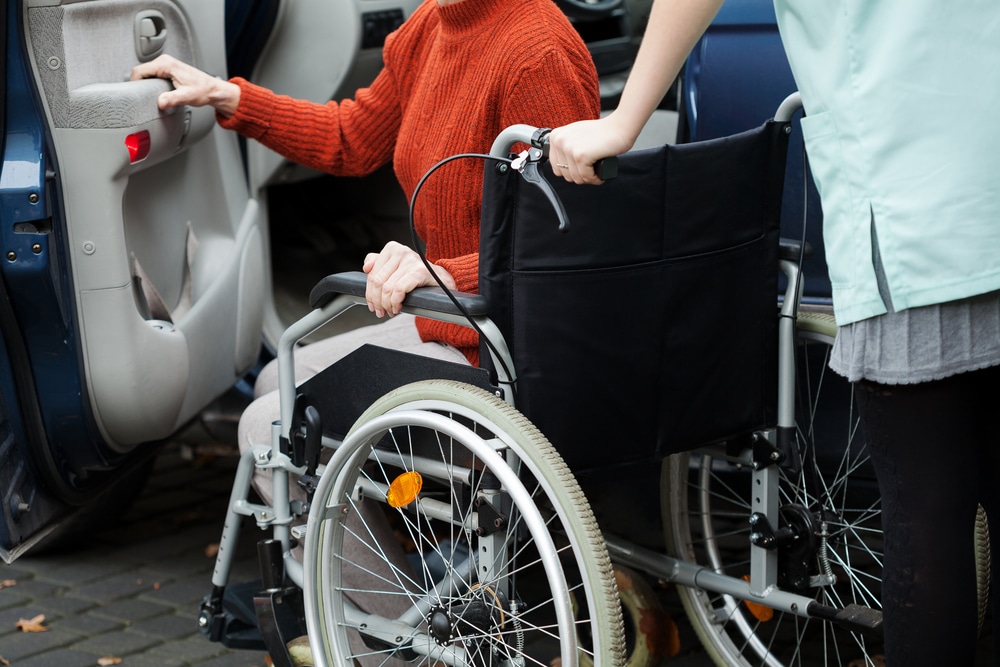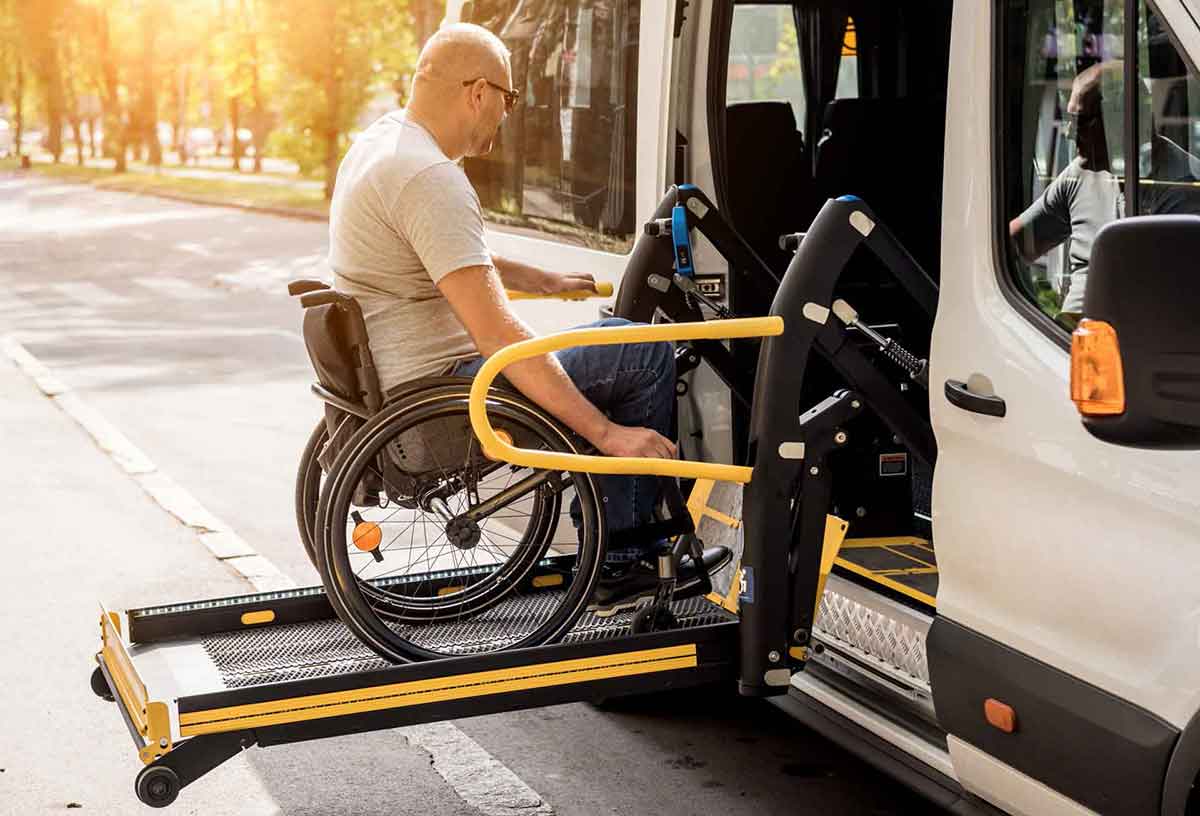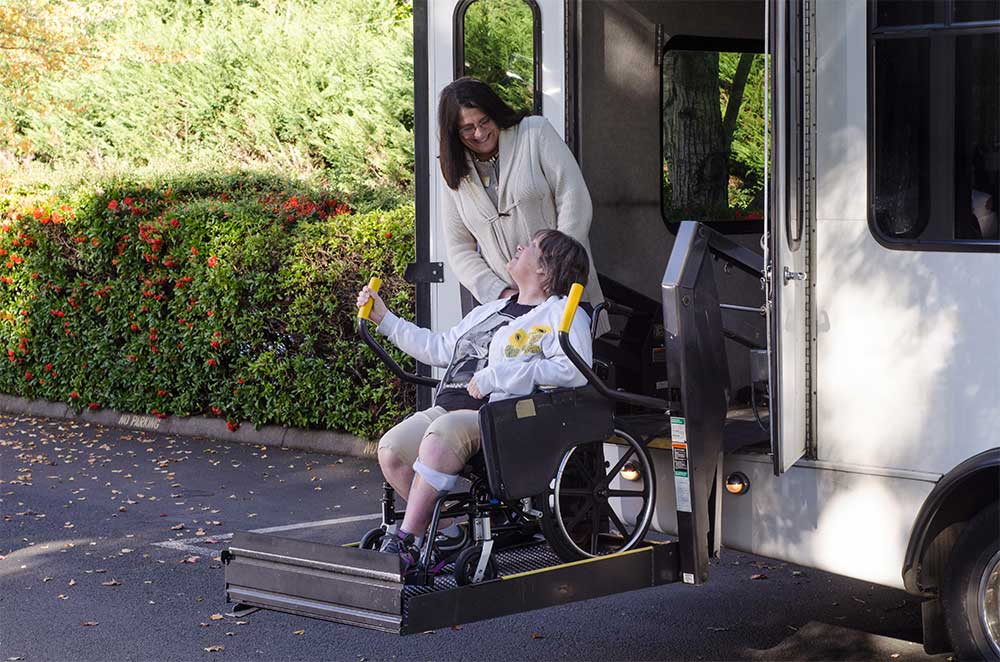Accessible Medical Transportation Providers: Putting Your Health First
Accessible Medical Transportation Providers: Putting Your Health First
Blog Article
Inexpensive and Accessible Medical Transport Options for each Situation
In the realm of healthcare, the capability to access clinical solutions is extremely important, yet the challenge of cost effective and accessible transportation can usually impede individuals from getting required care. By discovering customized medical transport services, community transportation programs, ride-sharing and taxi services, non-emergency clinical transport, as well as public transportation and paratransit alternatives, individuals can discover methods that cater to their particular demands and guarantee they obtain the treatment they require.
Specialized Medical Transport Services
Specialized clinical transport services play a crucial role in ensuring secure and reliable transport for individuals needing specialized care during transit. These solutions satisfy individuals with distinct medical demands, such as those needing consistent monitoring, customized equipment, or clinical treatments during transportation. By making use of specially complete vehicles and trained clinical personnel, specialized medical transportation services make certain that individuals receive the essential care while being delivered in between healthcare facilities, houses, or other areas.
One key facet of customized clinical transport services is the focus on person convenience and safety. Medical transportation teams are educated to deal with numerous medical conditions and emergencies that may develop throughout transit, providing a greater level of treatment than typical transportation options. Additionally, these services usually provide door-to-door assistance, minimizing the stress and anxiety and pain that people may experience throughout transfers.
Neighborhood Transportation Programs
Having dealt with the crucial function of specific clinical transportation services in ensuring safe and efficient transport for people with unique clinical needs, the emphasis currently changes to analyzing Area Transport Programs - medical transportation. These programs play a crucial duty in supplying affordable and accessible transportation solutions for the general population, including elders, people with handicaps, and low-income households who may face challenges in accessing traditional transportation options
Area Transport Programs encompass a variety of services such as fixed-route buses, paratransit services, volunteer chauffeur programs, and ridesharing efforts. These programs are typically funded by city governments, non-profit organizations, or personal business to make sure that individuals have reliable transport options to get to medical appointments, grocery stores, social activities, and other vital destinations.
Ride-Sharing and Taxi Solutions

One of the vital benefits of ride-sharing and taxi services is their ease of access. These services operate 24/7, permitting individuals to take a trip to clinical appointments, drug stores, or hospitals at any moment of the day. Furthermore, ride-sharing and taxi solutions provide to people with flexibility challenges by providing wheelchair-accessible automobiles upon request.
Furthermore, ride-sharing and taxi solutions can be particularly useful for individuals living in locations with advice limited public website link transport choices. By bridging the space in between home and health care centers, these services play an important duty in making sure that everybody has access to essential medical services.
Non-Emergency Medical Transportation

Non-Emergency Medical Transportation suppliers typically use qualified workers that are experienced in helping individuals with differing clinical demands. By providing door-to-door service, Non-Emergency Medical Transport boosts the total availability of healthcare for people who may otherwise struggle to attend important medical consultations.
Public Transportation and Paratransit Options
Public transportation and paratransit alternatives provide crucial transport services for individuals with varying mobility needs, making certain accessibility to important destinations such as medical facilities and consultations. Public transportation systems, including buses, trains, and metros, give a cost-effective and commonly available setting of transport for people seeking to get to clinical visits. These solutions are specifically helpful for those who may not have access to private vehicles or need help because of mobility obstacles.
Paratransit solutions cater especially to people with specials needs who are incapable to use conventional mass transit. These services use door-to-door transport, accommodating people with mobility devices, walkers, or other wheelchair help. Paratransit automobiles are geared up with features such as mobility device ramps and securement systems to guarantee the safe and comfy transport of travelers with varying movement requirements.

Conclusion

Report this page